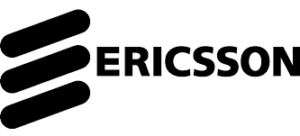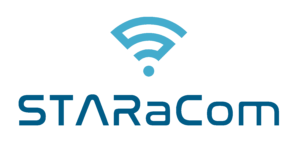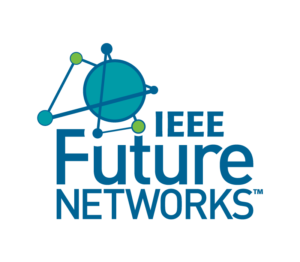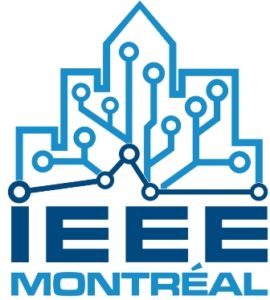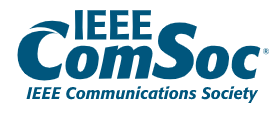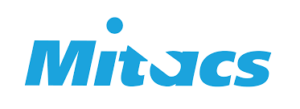14 October 2022 // 11:00 -12:30 // Hybrid
ORGANIZERS
- Eman Hamman, University of Toronto, Canada, eman.hammad@gmail.com
- Ranganai Chaparadza, IPv6 Forum, Germany, ran4chap@yahoo.com
- Muslim Elkotob, Vodefone, Germany, muslim.elkotob@vodafone.com
SCOPE
Future Networks in B5G and 6G will continue to expand in scale, complexity and interconnectivity, and will be highly shaped by distributed systems that serve various use cases like mMTC (massive Machine Type Communications) and URLLC (Ultra Reliable Low Latency Communications). This will be coupled with an increasing demand for autonomy in self-organization and self-management, automation and interoperability on a very dynamic flexible basis. Systems-of-systems architectures will become more relevant as multiple autonomous/semi-autonomous systems adaptively seek to operate and interact with their peers. Customized behavioral and workflow modelling for each useC2 General case per customer/user is already gaining importance across functional and non-functional domains such as Security, QoS, Mobility, Resilience and Survivability, etc. Research on autonomous systems and autonomic networks recognizes the benefits to interacting with other systems when needed and should explore frameworks that will enable this dynamic interactivity under the emerging concept of Federation of Autonomic/Autonomous networks (ANs). The use of Federation and in some cases Governance interfaces and mechanisms is a promising technology for interconnecting systems, innovation and service delivery by the federating systems and allowing asset sharing and extending traditional eco-systems and value-chains with further resources and stakeholders (including new ones that were never involved in the traditional ICT ecosystems but should now be involved in 5G and 6G ecosystems). Interconnecting stakeholders, subsystems, and frameworks is and will remain a key enabler in future B5G and 6G use cases.
ACCEPTED PAPERS
Enabling Network and Service Programmability in 6G Mobile Communication Systems – Mohammad Asif Habibi (University of Kaiserslautern, Germany); Adrián Gallego Gallego Sánchez and Ignacio Labrador Pavon (Atos Research and Innovation, Spain); Bin Han (Technische Universität Kaiserslautern, Germany); Giada Landi (Nextworks, Italy); Bessem Sayadi (Nokia Bell-Labs, France); Christos Ntogkas and Ioannis-Prodromos Belikaidis (WINGS ICT Solutions, Greece); Hans Dieter Schotten (Deutsches Forschungszentrum für Künstliche Intelligenz GmbH, Germany); Pablo Serrano and Jesús Pérez-Valero (Universidad Carlos III de Madrid, Spain); Antonio Virdis (University of Pisa, Italy)
In-Slice Management Decomposition and Implementation Issues – Slawomir Kuklinski (Orange Polska & Warsaw University of Technology, Poland)
Autonomic/Autonomous Networking (AN): Federations & Governance of ANs, Progress & Open Challenges in Standards: Analysis Report – Ranganai Chaparadza (IPv6 Forum, Germany); Muslim Elkotob (Vodafone, Germany); Benoit Radier (Orange Labs, France); Tayeb Ben Meriem (IPv6 Forum, Germany); Eman Hammad (University of Toronto, Canada); Taesang Choi (Electronic and Telecommunications Research Institute, Korea (South))
An Architecture for Autonomic Networks – Petar Djukic (Ciena, Canada)
Jamming Threats And Countermeasures of the Terahertz OOK Mode in IEEE 802.15.3d // On-site
Hichem Guerboukha, Rabi Shrestha and Zhaoji Fang (Brown University, USA); Josep M Jornet (Northeastern University, USA); Edward W. Knightly (Rice University, USA); Daniel Mittleman (Brown University, USA) // (Note: This paper has been accepted in WS3 click here)






